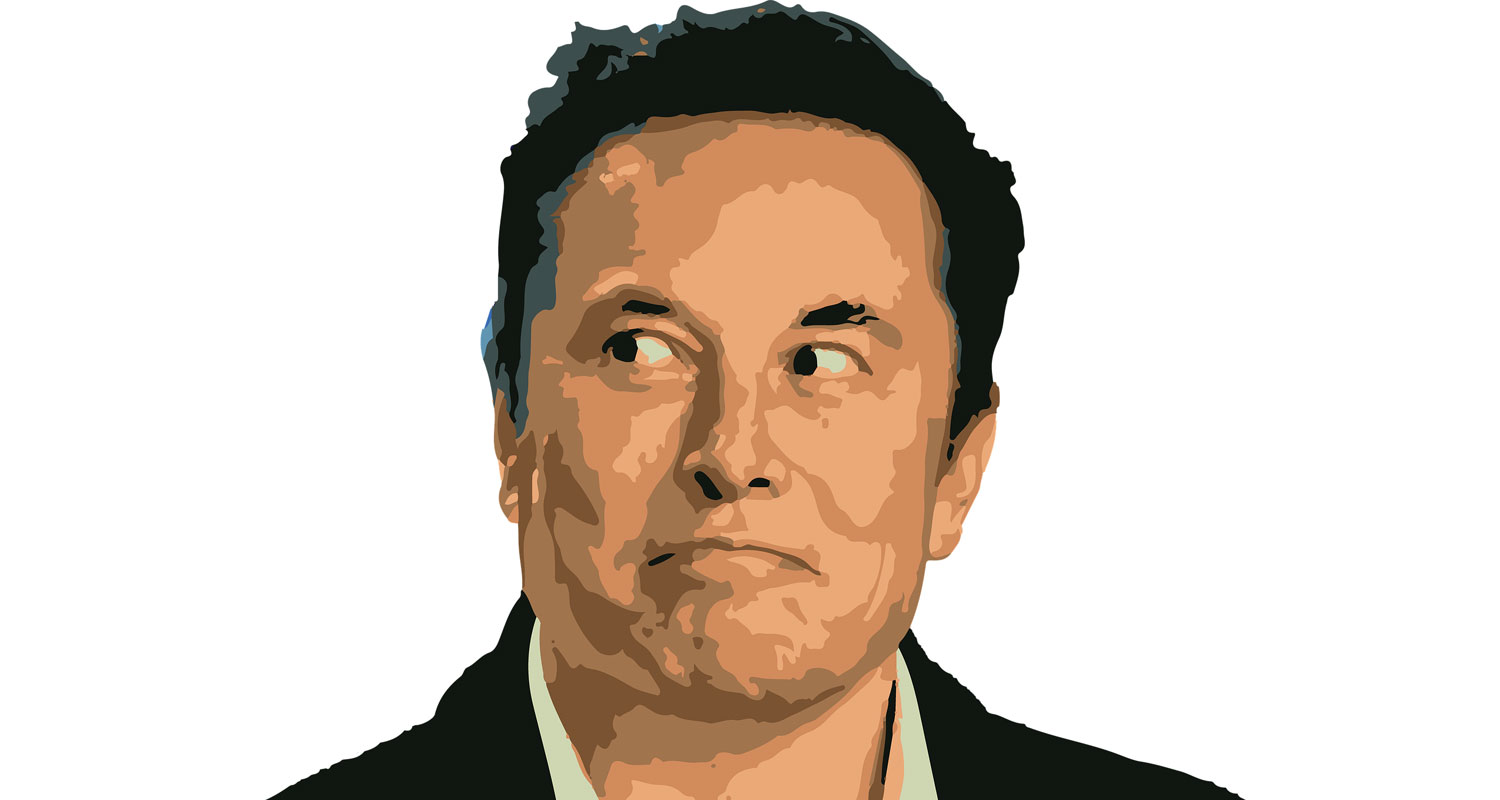In putting together the Twitter acquisition, Musk has seemed to waver on his commitment to crypto.
After months of dramatic back-and-forth, Elon Musk has taken control of Twitter, igniting emotions ranging from hope to anxiety among users who are bracing themselves for how the billionaire will put his stamp on the social media platform. Crypto Twitter is no exception.
Digital asset enthusiasts have long congregated on Twitter, where they’ve changed their profile pictures to images of themselves with “laser eyes” as a signal of their crypto support, posted irreverent memes about rising (and then falling) coin prices and retweeted threads from their favourite founders.
Musk, a prolific tweeter himself, has had a complicated relationship with crypto, seeming to embrace it one minute and belittle it the next. That hasn’t stopped industry supporters from imagining an expansion of Twitter’s blockchain features under his management that would broaden mainstream adoption. Their elation has likely helped boost interest in dogecoin, Musk’s token of choice, which soared in the days leading up to his finally sealing the deal.
Co-founder and former CEO Jack Dorsey is one of the industry’s most well-known bitcoin bulls. Twitter has made its own forays into crypto. Co-founder and former CEO Jack Dorsey is one of the industry’s most well-known bitcoin bulls, and under his leadership the company introduced a feature to let users receive tips in bitcoin, built a Twitter Crypto division and started Bluesky, a project dedicated to building a decentralised social media network that is now an independent company. Since Dorsey’s departure last November, Twitter has added ether tipping, non-fungible token profile pictures and USD coin stablecoin payments for a select group of creators.
It’s unclear what will happen to these efforts under the leadership of Musk, who’s been notoriously mercurial about crypto and may clean out the platform’s digital-asset team as other high-profile executives exit. While the Tesla CEO has touted dogecoin on Twitter enough to earn the moniker “the Dogefather”, he called the token “a hustle” when he hosted Saturday Night Live in May 2021. He also added the ability to pay in bitcoin for Tesla’s electric vehicles in 2021, but ended the practice less than two months later, citing the cryptocurrency’s environmental impact.
In putting together the Twitter acquisition, Musk has seemed to waver on his commitment to crypto. Binance, the world’s largest digital-asset exchange, committed US$500-million to Musk’s financing for the deal in May and is reportedly building a team focused on exploring how crypto could be useful to the social media company. In a trove of text messages released as part of litigation over the Twitter deal, Musk initially discussed using blockchain to promote free speech and reduce spam on social media, only to write later that “blockchain Twitter isn’t possible”.
But if Musk did decide to have crypto play a bigger role on Twitter, here are some ways he could do it:
Bots and spam on Twitter are huge pain points for Musk, and helped spark a contentious legal battle that put his acquisition of the company in jeopardy. The issue is particularly important in crypto, where spam accounts impersonate famous figures like Musk in order to promote scams involving fake crypto giveaways. But some digital-asset enthusiasts believe that using blockchain could help reduce bots on Twitter. A blockchain-based identity verification tool or an NFT passport could be options for promoting Musk’s goal of wanting to “authenticate all real humans”on Twitter.
Freedom of speech is close to Musk’s heart, and he intends to lift the company’s lifelong bans on users. Those values align with those of many crypto believers dedicated to the ethos of decentralisation promoted by blockchain. They think that a single entity shouldn’t make major decisions over how a platform is managed. While Musk could potentially implement a token-based voting system that allows users to have more say over what happens on Twitter, it’s important to note that his potential embrace of crypto is a doubled-edged sword. While adding more crypto elements on Twitter could expand mainstream usage of digital assets, it will further consolidate Musk’s influence over an industry that many want to be as decentralised as possible.
Musk has already expressed ambitions of turning Twitter into a “super app” and spoken admirably of China’s WeChat platform, which can handle messaging, games, payments and video streaming. With other aspiring super app creators like Revolut expanding into crypto, it would make sense if Musk’s vision included digital assets as well. Allowing more cryptocurrencies for tipping could be a first step, with dogecoin being a likely top candidate given Musk’s love of the token.
Other mainstream social media platforms like Instagram are diving further into NFTs. Though Musk has mocked these assets in the past, including Twitter’s decision to allow authenticated NFT profile pictures, he could introduce more NFT features, such as a marketplace or the ability for users to create a profile represented by an NFT that gives them greater ownership over their content — a practice already implemented by decentralised social media platform Lens Protocol. These measures could ensure that Twitter doesn’t fall behind other social media giants in terms of crypto adoption.
While integrating these blockchain elements would be a complex and closely watched undertaking for Twitter, Musk’s new reign still opens up the potential for them to become a reality.


